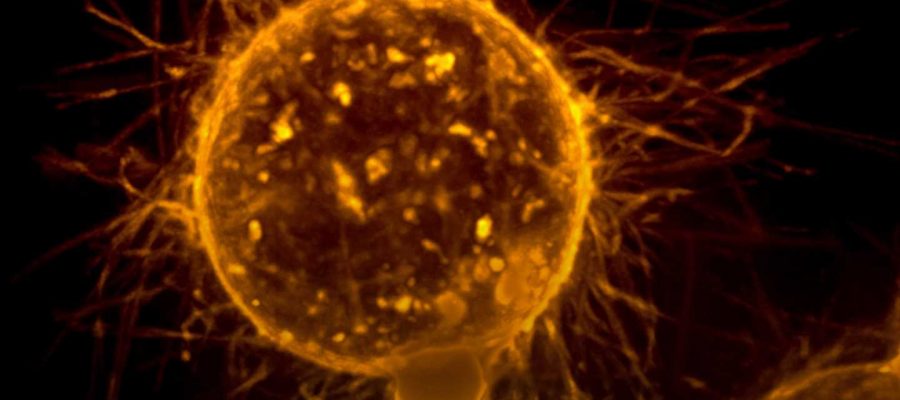
A new open-source software package called cancereffectsizeR developed by the Townsend Lab greatly improves the ability of data scientists and clinical analysts to pinpoint specific genetic mutations that drive cancer.
Created in the widely available R platform, the software calculates the effect sizes of single-nucleotide variants in cancer and quantifies their effect on cancer cell proliferation as well as their survival in humans. The unique algorithm does so by organizing somatic variant data, facilitating mutational signature analysis, and calculating site-specific mutation rates. The software can also perform tests of customizable stage-specific and epistatic models of selection.
“Publication of this tool will, for the first time, enable widespread quantification of the contribution of mutations to the somatic evolution of cancer, a quantification that has been featured in numerous publications from our laboratory with open source, but which to date has not been made widely available with an easy-to-use package, tutorial, and publication explaining the software,” said Jeffrey Townsend, Yale’s Elihu Professor of Biostatistics and professor of ecology and evolutionary biology.
The researchers said their cancer effect metric is a much better predictor of oncogenic pathogenicity than existing standard tools.
“We validate the utility of cancer effect by showing in a pan-cancer data set that somatic variants classified as likely pathogenic or pathogenic in ClinVar exhibit substantially higher effects than most other variants,” the researchers write in the paper. “Indeed, a multiple logistic regression demonstrates cancer effect to be a better predictor of pathogenic status than variant prevalence or functional impact scores such as SIFT or PolyPhen-2.”
Details on the new technology were published in the journal Cancer Research on December 5. Jeffrey Mandell, a Ph.D. student in Yale’s Computational Biology and Bioinformatics program is lead author of the paper. Townsend, who also serves as the co-leader of Yale’s Genomics, Genetics, & Epigenetics Research Program, is corresponding author. Vincent Cannataro of the Emmanuel College Department of Biology is a co-author.
The Townsend Lab plans to investigate how to massively expand the scope of its software analyses to include not only single-nucleotide mutations, but also mutations that eliminate, duplicate, or multifurcate copies of genes in the genome—a critical component of cancer causation that has resisted analysis to date.
More information:
Jeffrey D. Mandell et al, Estimation of neutral mutation rates and quantification of somatic variant selection using canceffectsizeR, Cancer Research (2022). DOI: 10.1158/0008-5472.CAN-22-1508
Journal information:
Cancer Research
Source: Read Full Article
